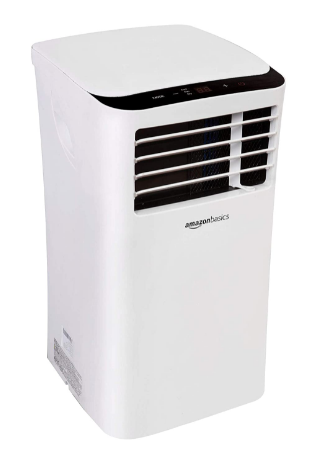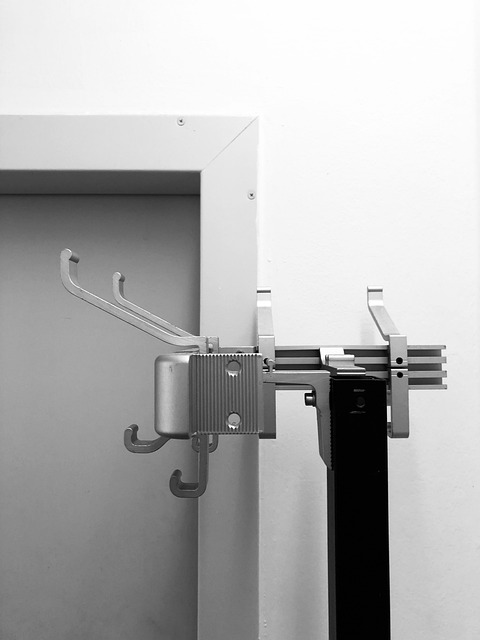Best Matcha Tea Review: Discover the best One
We all know that green tea is valued worldwide for its numerous health benefits, but what would you think if we told you that there is another green tea with up to 10 times more properties?
Discover matcha tea, the elixir of youth. Used since ancient times, matcha is a powdered tea of Asian origin that is prepared by mixing with water, milk, juices or food. Stay with us and learn more about this ancient infusion!
The most important
[su_list icon=”icon: check-circle” icon_color=”#3de112″ indent=”25″]
- The tea matcha is characterized by its many health benefits, it strengthens the immune system and prevents diseases like diabetes and cancer.
- It also improves the appearance of skin and nails, helps you lose weight and reduces stress.
- There are different varieties of matcha tea, including Japanese and Chinese matcha .
- Both variants differ from each other primarily in quality, flavor, color, texture and cost, among other significant aspects .
- It is important that when buying matcha tea you take into account certain relevant factors, such as its different combinations, types of uses, presentations and possible side effects, among other particularities.
[/su_list]
Read also
- Electric barbecue: Check out the best of 2022
- Electric oven: Which are the best of 2022?
- Sewing Machine: How to choose the best one in 2022?
Matcha tea: our recommendation for the best products
Shopping guide: What you need to know about matcha tea

What is matcha tea and what is it for?
Matcha is a green tea whose leaves are ground into powder, so it is consumed mixed with water, milk, juice or food. This form of consumption makes the most of all its natural components, which are extremely beneficial to health.
Among its many properties, matcha tea is antibacterial, strengthens the immune system, lowers blood sugar levels, controls high blood pressure and prevents diseases such as cancer and diabetes. It also relaxes the body and stimulates the mind.
This Chinese tea is also a powerful antioxidant against free radicals and is a great ally in beauty treatments, as it improves the appearance of the skin and nails and helps to burn fat and lose weight quickly, as it generates satiety.
Japanese matcha tea or Chinese matcha tea – what to watch out for?
You can find different matcha tea variants on the market, including Japanese and Chinese matcha teas. Here are the characteristics of each one, so you can get to know its main characteristics and choose the most suitable one for you.
- Japanese matcha tea: Due to its precise production techniques, Japanese mate tea preserves all its natural properties intact and maintains its intense green color due to its high concentration of chlorophyll. Please note that although its quality is far superior to Chinese tea, its cost is significantly higher.
- Chinese matcha tea: This tea, which is made from slightly older leaves that in some cases may contain stems, loses some of its properties due to the fire-drying technique. On the other hand, its flavor is more bitter and its texture is more earthy, but its cost is significantly lower than the Japanese variant.
| Japanese | Chinese | |
|---|---|---|
| Cor | Dark green | dull green |
| Texture | Until | Sandy |
| Conservation of its properties | Keeps its properties intact | Does not keep all its properties |
| comparative cost | More expensive (100 g is approximately 300 MXN) | Cheapest (100 g is approximately 100 MXN) |
What does matcha tea taste like?
One of the less positive aspects of matcha tea is that its flavor is quite strong and bitter, so it may not be for everyone’s taste. However, as mentioned in the comparison table, the Japanese variant of this herb is milder and sweeter.
However, due to its high chlorophyll content, its flavor can be similar to that of nori algae and even grass. Fortunately, you can also find varieties with natural essences of raspberry, peach, blueberry, chocolate, etc., which mask the unpleasant taste, which mask the non-gourmet taste of this green tea.
[su_note note_color=”#c1e6fb” radius=”19″]Did you know that a cup of matcha tea has 10 times more antioxidants than the same amount of green tea (an infusion famous for its high antioxidant content)?[/su_note]
Purchasing Criteria
In this last section of the article we will detail the purchase criteria that you should consider when buying matcha tea, as it is a very versatile product, adaptable to different uses and forms of consumption. This information will allow you to choose the perfect variant for you.
[su_list icon=”icon: arrow-right” icon_color=”#3ee112″ indent=”25″]
- combinations
- use
- Presentations
- Contraindications
[/su_list]
combinations
Matcha tea is often combined with different foods or essences that complement its properties and enhance its flavor. Here we will mention some of the most common ones so that you can learn about their many benefits for the proper functioning of the body.
- Matcha and Ginger Tea: Ginger is an excellent ally of matcha as it increases its anti-inflammatory, digestive and antibacterial properties, which is why you can find this combination in various presentations. You can also find matcha variants with ginger and lemon (another powerful antibacterial and digestive).
- Matcha and Cinnamon Tea: In addition to its delicious aroma and taste, cinnamon is antioxidant and digestive, so it also optimizes the natural properties of matcha tea and substantially improves its flavor. You can also find matcha and vanilla combinations or fruit essences.
[su_quote]”When you drink Matcha you are eating the leaf, unlike traditional tea where you only consume the brew and the leaf is thrown away. That’s why the properties of Matcha tea are multiplied”.[/su_quote]
use
Due to its many properties and benefits, Matcha tea is used for a variety of culinary, cosmetic and medicinal purposes. Here are some of the most common uses so you can adopt them into your daily routine and enjoy all the benefits of this food.
- Gastronomic: The culinary uses of matcha are many and varied, as its consistency means that it can be added to beverages (infusions, smoothies, shakes or smoothies) or sweet and savory dishes, such as cakes, breads, cakes, ice cream, rice, mousses, etc., so you can create numerous recipes.
- Cosmetics: Due to its nourishing and regenerative properties for the skin and nails, matcha tea has also been incorporated into the cosmetic industry through various creams. You can also make homemade masks from matcha and honey, olive oil, aloe vera, coconut oil, etc.
- Medicinal: As mentioned throughout the article, matcha tea reduces disease and prevents disease, so it is also used in naturopathic medicine in the form of capsules. Keep in mind that many of these products are for weight loss, so you should manage your doses well and not overindulge.
Presentations
On the market you can get matcha tea in various presentations adapted to the preferences and types of uses of consumers. Below, we will tell you about the different variants of this infusion so that you can choose the one that is most convenient or appropriate for you.
- Packaging or can. These are the most common presentations of matcha tea, which are sold in both health food stores and supermarkets (though not all). You can find different qualities of matcha in packages or cans of various sizes (from 40 grams to 2 kilos).
- Tea bags . Matcha tea sachets are very convenient but generally have much less properties than the other variants due to the industrialization process. You can also buy matte sticks, which are very convenient and functional, but have less nutrients (just like sachets).
- Capsules . Matcha capsules are made for medical uses (such as preventing various diseases), but mainly for weight reduction, as this tea burns fat and provides satiety. It is recommended that you consult your GP before taking them.
- Loose. You can also get loose matcha tea; a highly recommended option, as this presentation is generally the most organic of all (although the quality can vary, of course). You’re more likely to find loose matcha in health food stores, which usually sell it by weight.

Contraindications
Despite its many benefits, matcha tea can have certain side effects that are important to be aware of, although the consequences of its consumption are never a greater risk. Here are some of the contraindications of this green tea.
Caffeine . The main “problem” with matcha tea is that it has a high caffeine content, several times higher than traditional green tea, which can lead to anxiety or insomnia. Therefore, it is recommended to consume it in moderate doses in the morning to start the day with energy.
Small children . Due to its stimulating properties, matcha tea is not recommended for young children as it can excite them and prevent them from sleeping well (as with sugary products). It is also not recommended for pregnant women unless consumed in low doses.





